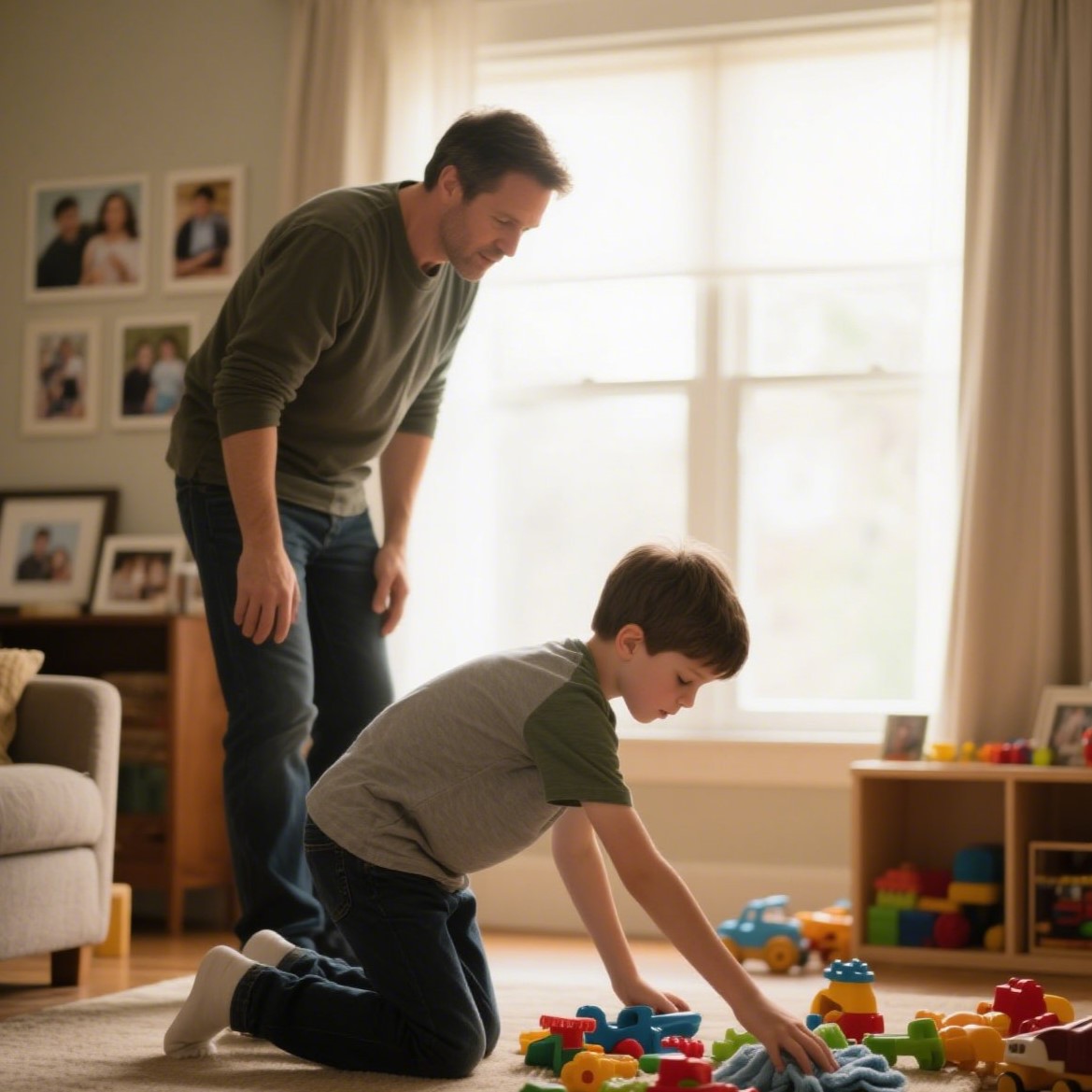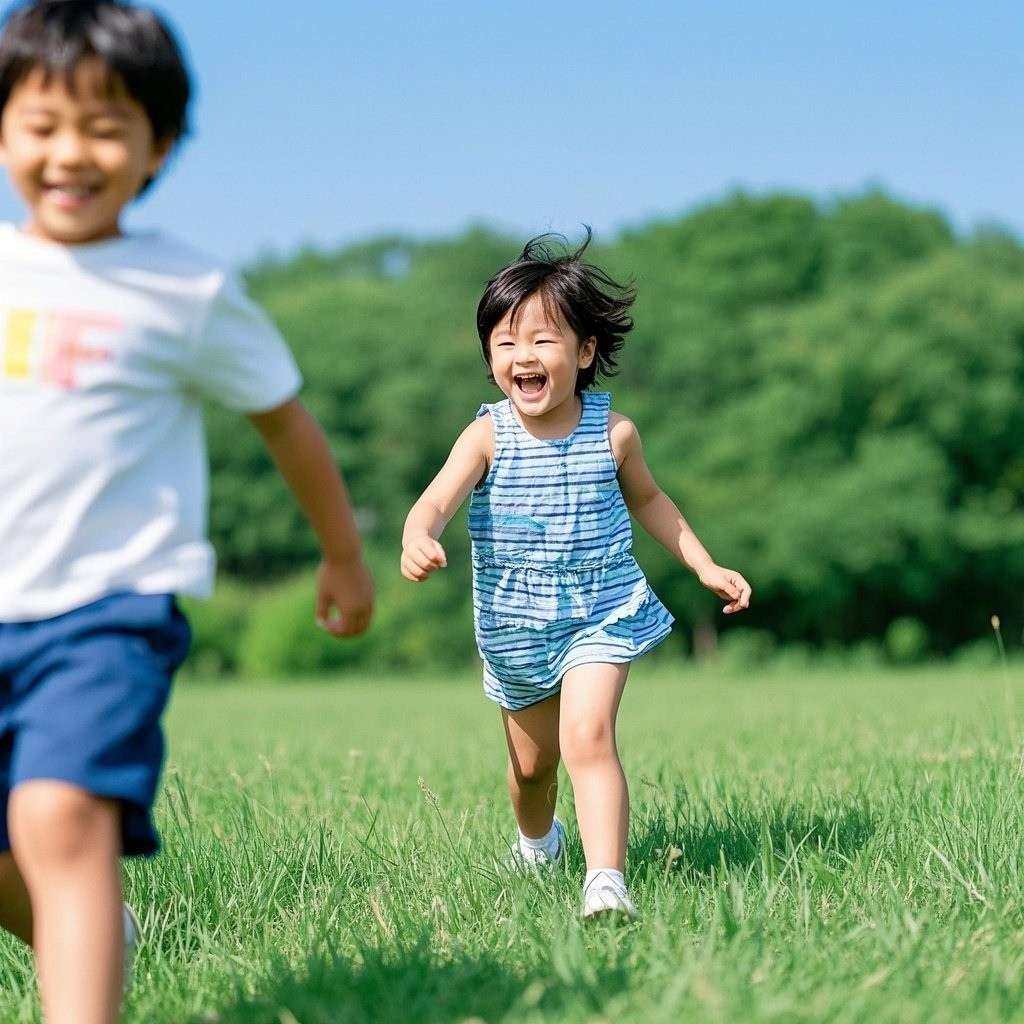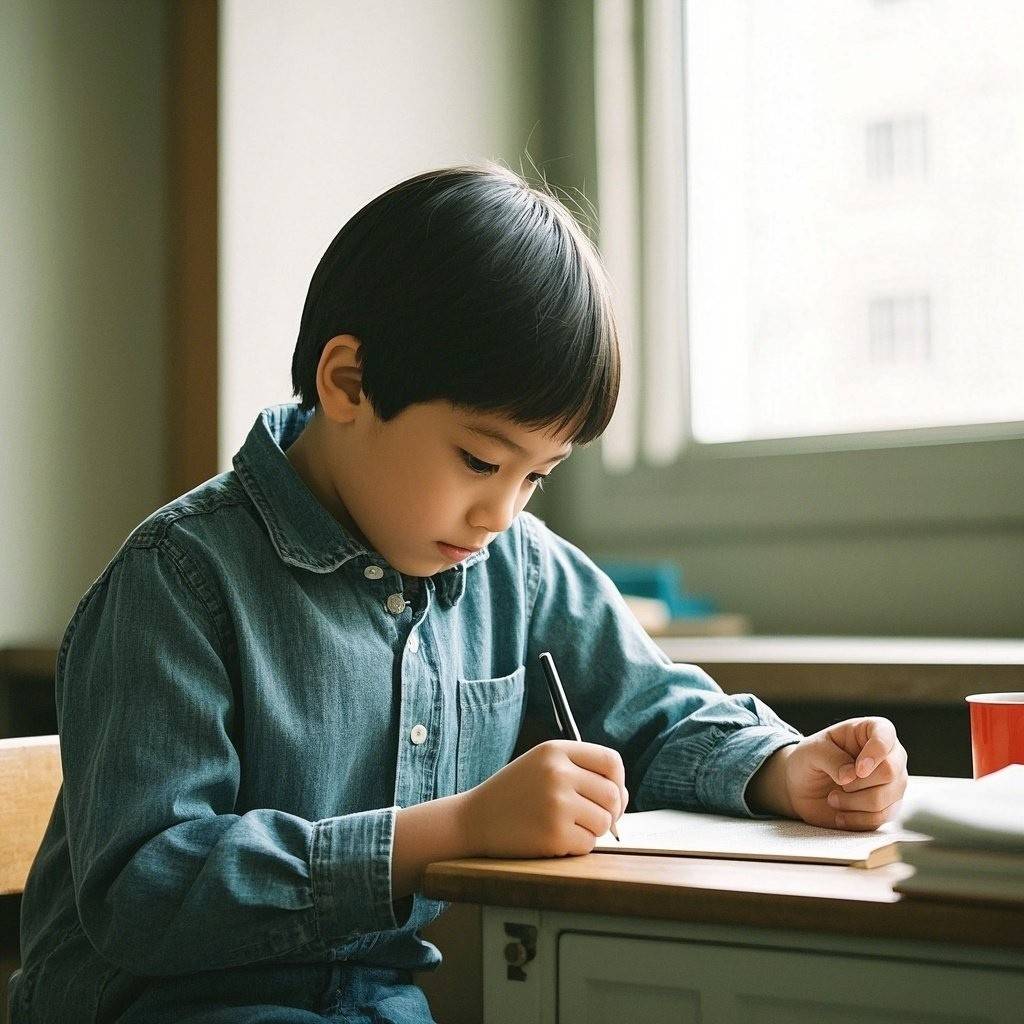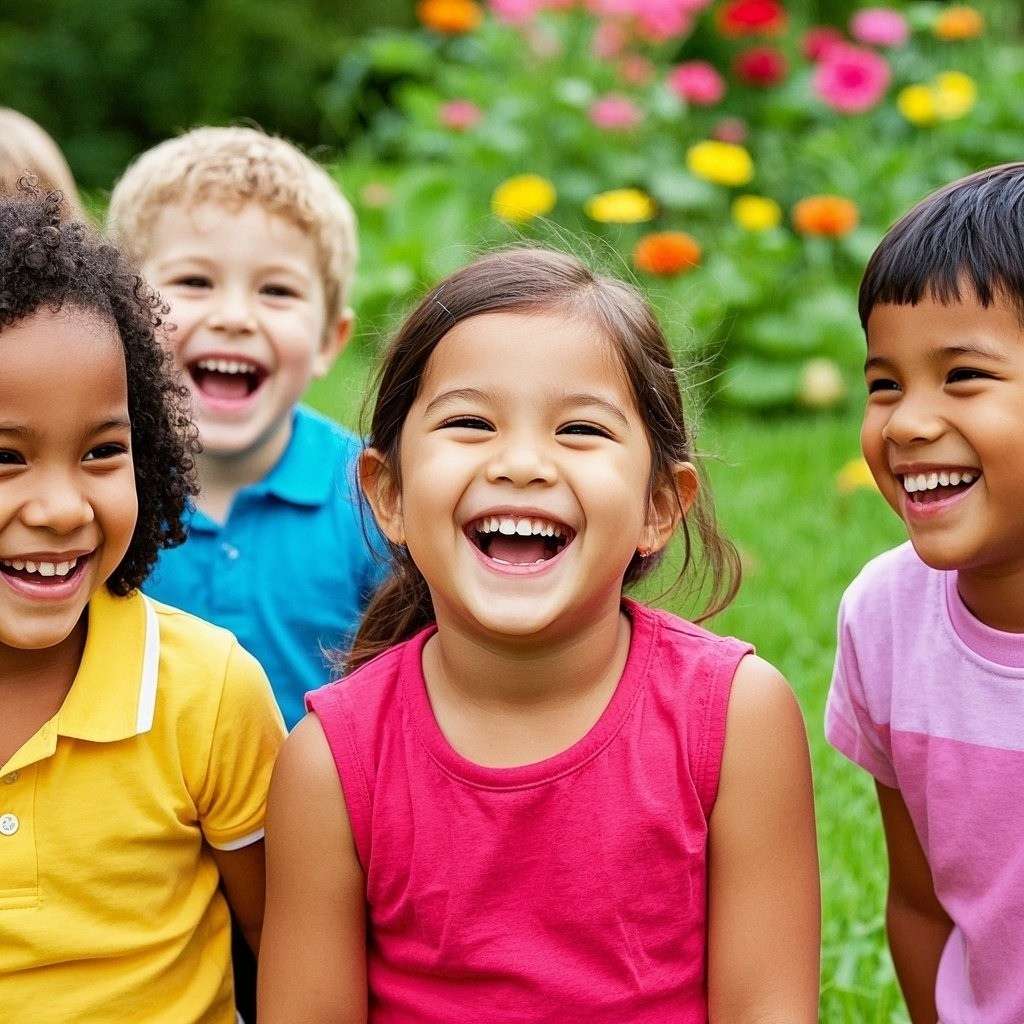Responsibility. It’s a word we throw around like a badge of honor, especially when talking about kids:
🧼 “Clean your room.”
📚 “Do your homework.”
🐶 “Feed the dog.”
But real responsibility goes far beyond a checklist. It’s about raising kids who take ownership of their actions, care for others, and grow into humans we trust—whether they’re seven or seventeen.
So, how do children actually learn to be responsible? Spoiler: It doesn’t happen overnight, and it’s not just about rules.
🌱 1. It Starts with Trust, Not Tasks
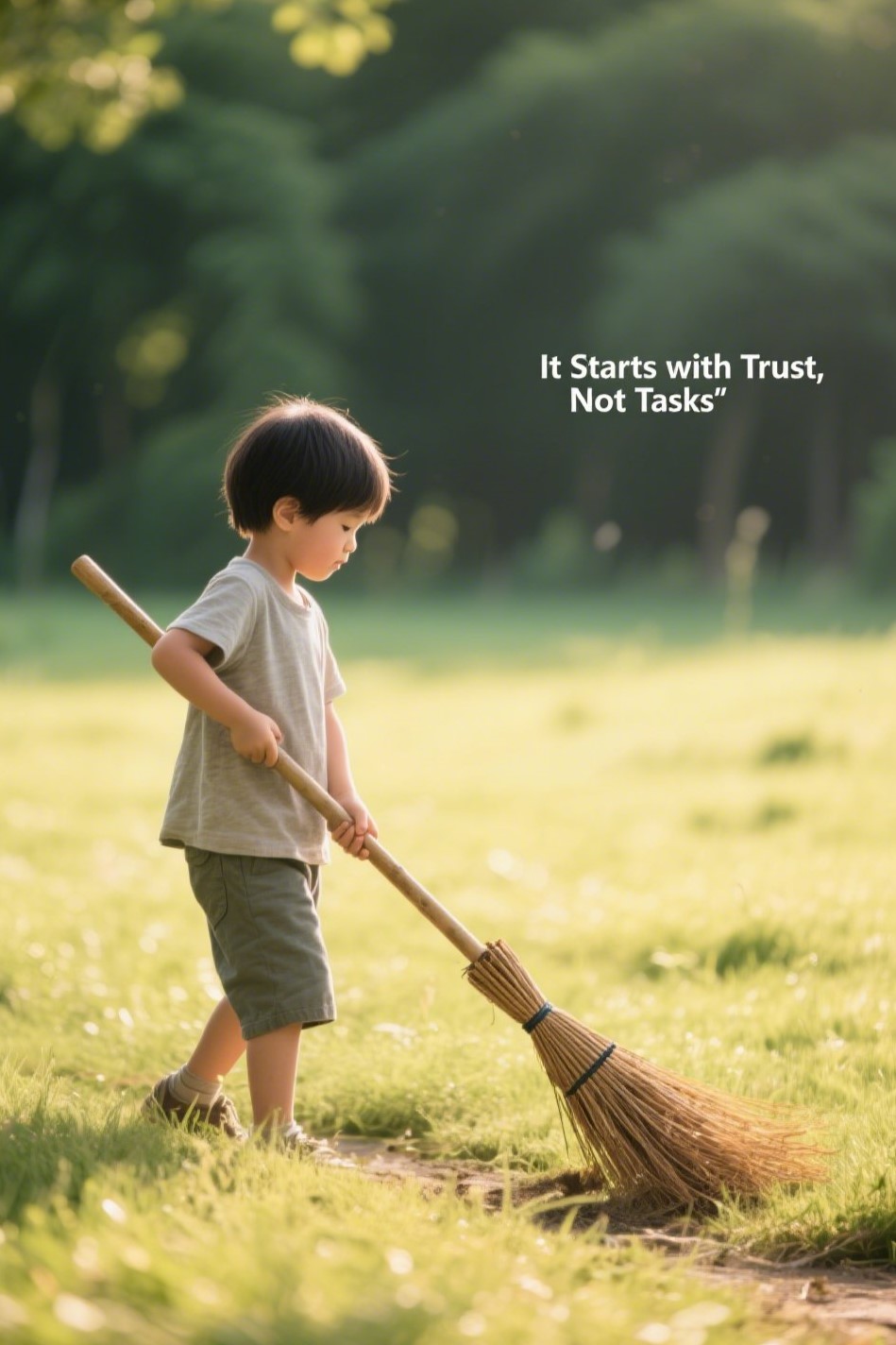
You don’t teach responsibility by handing a child a broom—you teach it by trusting them with it.
When you give a child a role or task and genuinely believe they can do it (even if it’s messy at first), you’re planting a seed: You are capable. I believe in you.
🧺 Let your 6-year-old fold laundry, even if it looks like origami.
🌿 Ask your 9-year-old to water the plants—even if one gets drowned.
It’s not about perfection—it’s about ownership.
👀 2. Model, Model, Model
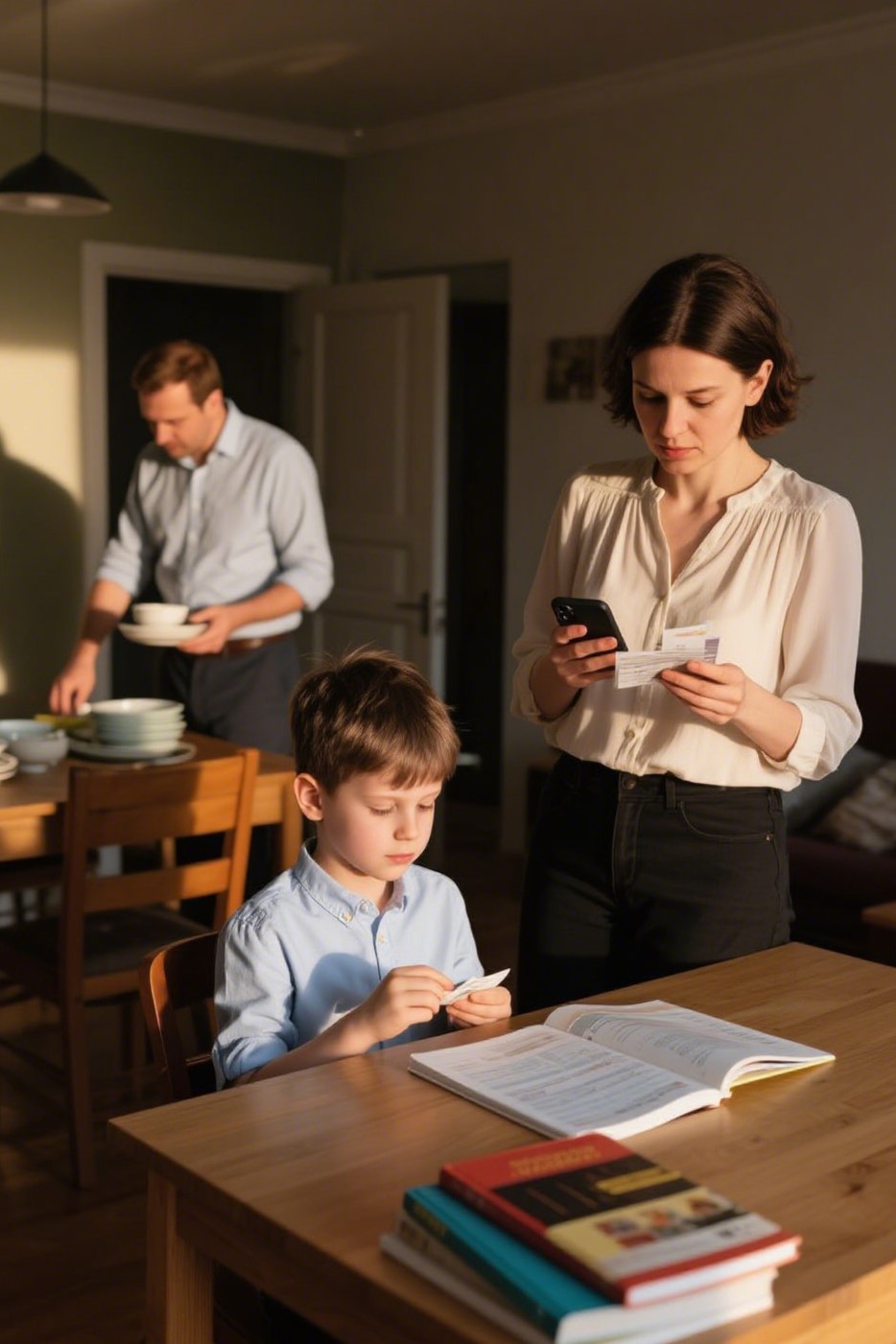
Children are the best copycats. If you want a responsible child, be a responsible adult they can actually see in action.
📌 Say: “I forgot to set my alarm, and that’s why we were late. I’ll try to fix that tomorrow.”
📌 Let them witness you pay bills, make to-do lists, or care for an aging family member.
When they see you own mistakes, show up, and follow through, they understand responsibility isn’t just about following orders—it’s about integrity.
💬 3. Give Choices with Consequences
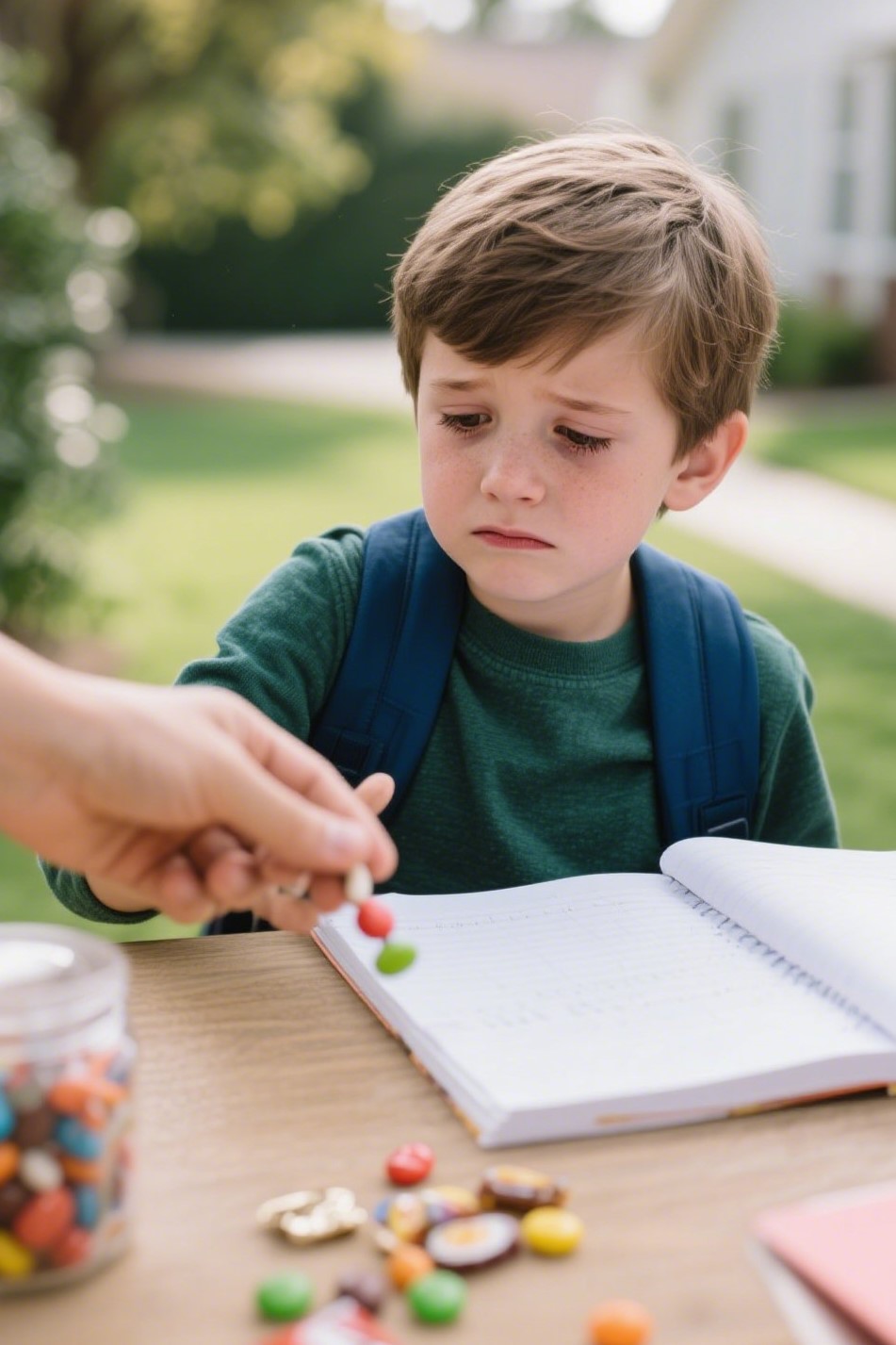
Want your child to understand responsibility? Let them feel the natural outcomes of their decisions.
- If they forget their homework, don’t rush to school with it.
- If they spend all their allowance on candy, let them wait till next week.
Real learning happens not from lectures, but from experiencing the results of their actions. That sting of regret? It builds resilience and self-awareness.
❤️ 4. Connect Responsibility with Care
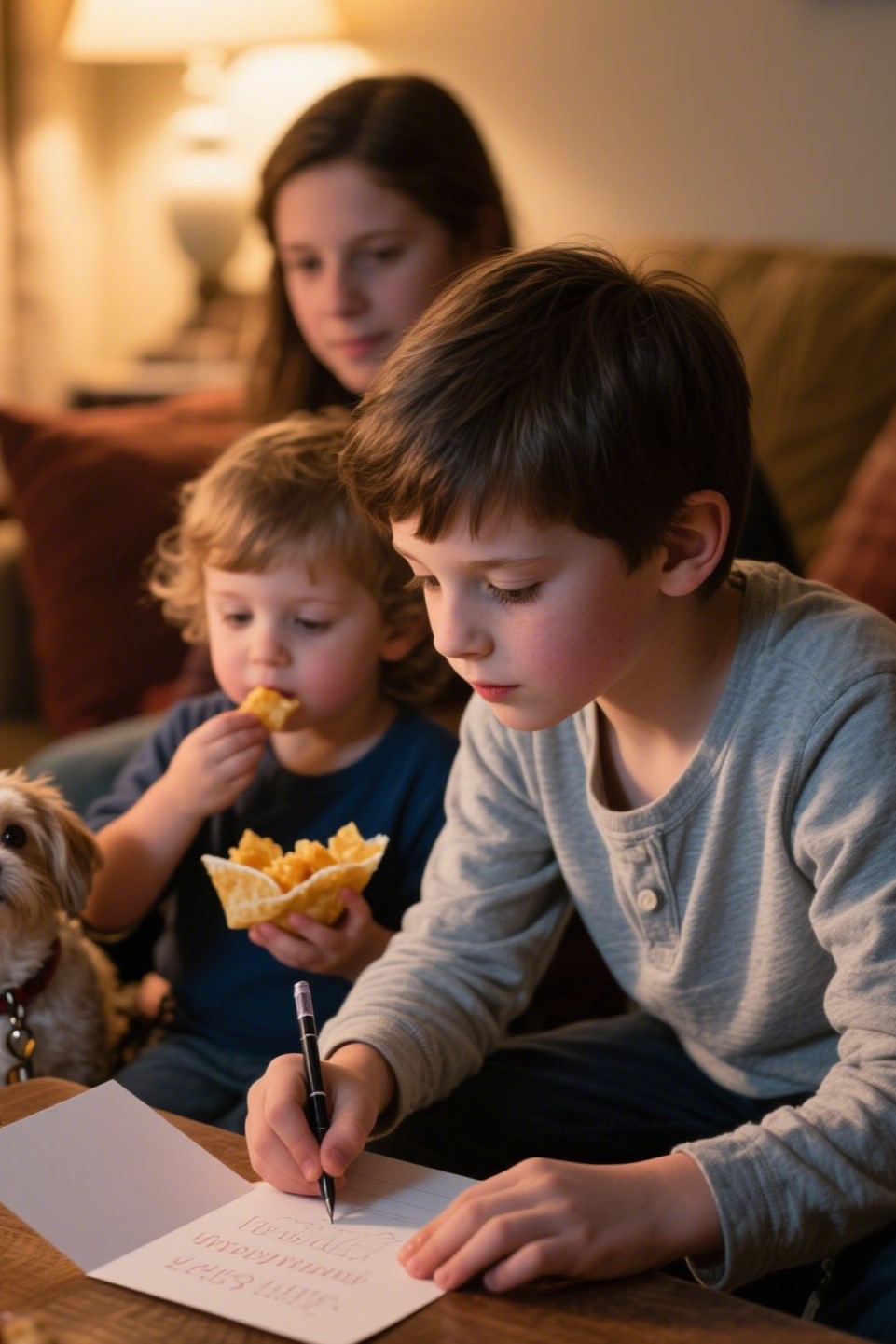
Responsibility isn’t just about doing—it’s about caring.
Let children be in charge of something meaningful:
- A younger sibling’s snack during movie night
- A pet’s daily walk
- Writing a birthday card for grandma
When tasks are tied to love, trust, or community, children start to understand that being responsible also means being thoughtful.
📅 5. Make It Routine—But Keep It Fun
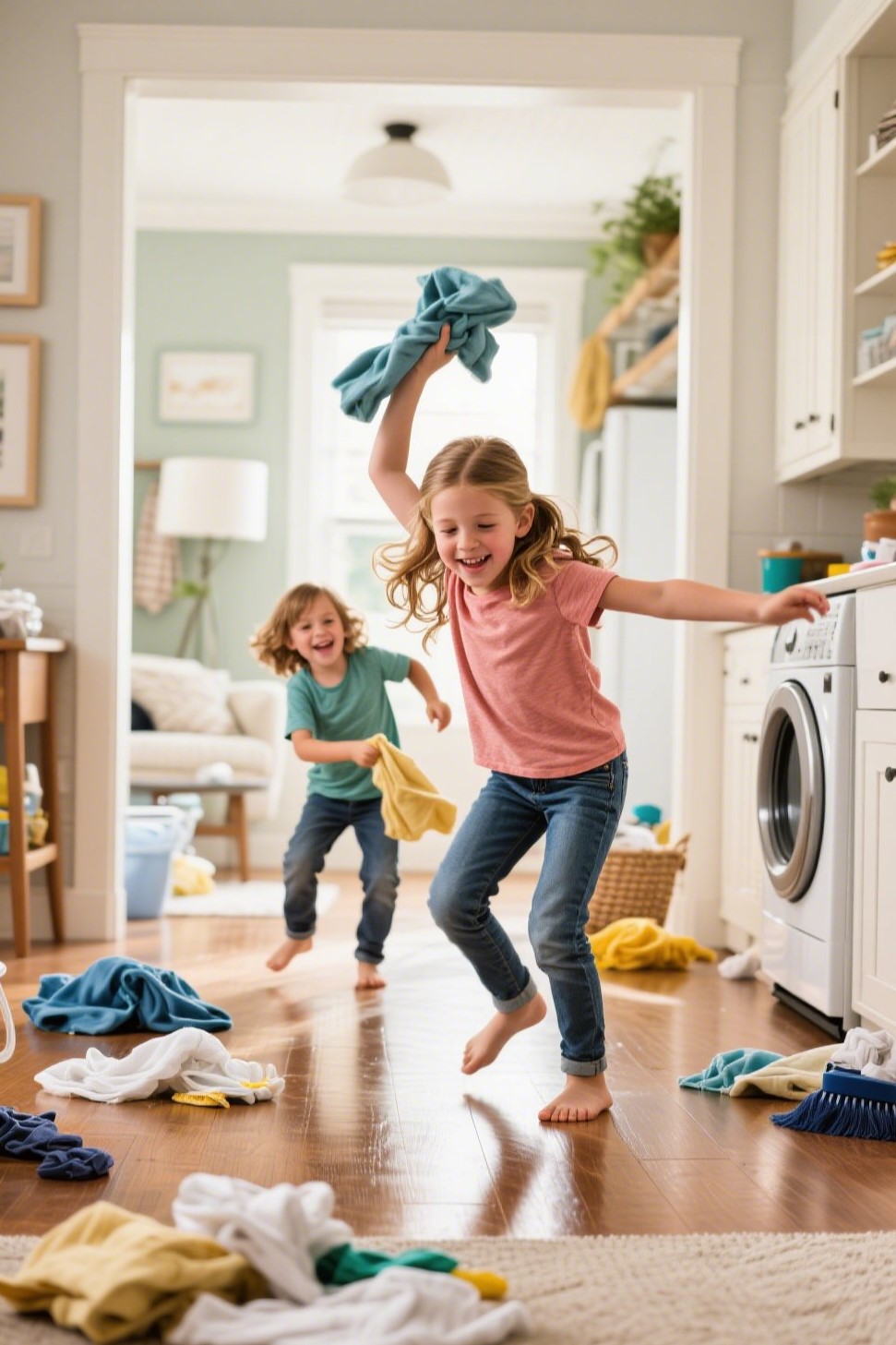
Consistency builds confidence. Giving age-appropriate responsibilities and incorporating them into daily life turns good habits into second nature.
But here’s the twist—keep it playful:
- Turn cleanup into a race or dance challenge
- Use colorful chore charts they can decorate
- Celebrate small wins with high-fives or silly badges
Responsibility + Joy = Lifelong Skill
🌟 Final Thoughts: Raising Responsible Humans
Children don’t become responsible because we lecture them into submission. They grow into responsibility when we:
- Trust them before they’re perfect
- Let them make (and fix) their own mistakes
- Show them responsibility is a form of love and respect
- Model what it means to be dependable and real
In the end, responsibility is not just about what they do—it’s about who they’re becoming.
Your Turn:
What was your first real responsibility as a child? How did it shape you? Or what’s one way you’ve seen a child step up and surprise you? Share the moments—they’re the ones that stick. 💡✨

